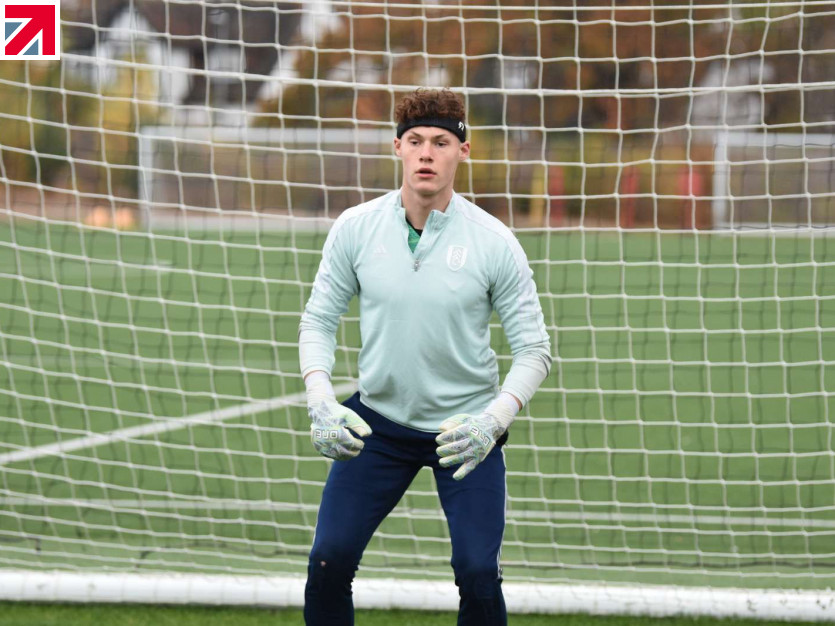On Sunday 25th September, the campaign ‘Head 4 Change’ has its second header-free football match at Spennymoor Football Club in County Durham.
Whilst the event raises the profile of early onset dementia or Chronic Traumatic Encephalopathy (CTE) in football players, there is surely a need to ask why there is a focus on banning or limiting heading when other head impacts, for example head to ground, head to elbow or head to post are more frequent in the game, and according to medical experts more likely to be the cause of the CTE epidemic in contact sports.
Research has shown that CTE in football is about more than heading. It’s actually about the dangerous repetitive sub-concussive rotational forces to the brain from any head impact. Rotational forces cause the brain to rotate inside the skull, brain cells to shear, tiny blood vessels in the brain to be torn and the protective ‘blood brain’ barrier to be disrupted. It is this that results in an abnormal and harmful uncontrolled inflammation which damages the brain, and is the injury predisposing to CTE.
In a recent Tedx Talk, Dr Emer MacSweeney, consultant neuroradiologist and expert in cognitive impairment disorders, made this clear, saying: “Whilst the intense focus on dementia in soccer has been related to heading the ball, it is not widely known that only 13% of all sub-concussions in soccer are actually due to head-to-ball impacts. So CTE in football, or soccer, is so much more than heading the ball.” Dr MacSweeney explained the risk on sports pitches: “The risk and severity of the CTE is not caused primarily by the single big hit concussions but by multiple, smaller sub-concussive impacts to the head.”
Dr MacSweeney makes it clear that CTE will not be eliminated or significantly reduced by stopping heading.
County Durham-based Rezon Ltd, has called for a better understanding of the risks on the pitch, and widespread adoption of brain protection for players of all ages and all levels, from the youngest to professional players.
Rezon Ltd has been focused on developing brain protection, as opposed to ‘head’ protection in sport. The company’s aim is that brain protection should become the norm and not the exception for players, and part of their match and training sports kit.
Rezon has developed a ground-breaking sports headband, Halos®, which is proven to reduce rotational forces to the brain by up to 60%. Halos® is the only legally approved sports protective wearable of its type in the UK and Europe, having secured Category II PPE certification and achieved the internationally recognised CE safety mark.
Judith McMinn, the founder and CEO of Rezon Ltd, commented: “The brain is irreplaceable. When training or playing in a match, it’s accepted that players wear shin, or teeth protection. Now, there is the additional choice of brain protection. Coaches, players and parents need to be aware of this choice and to recognise that protecting the brain matters for every player. After all, the brain defines performance in sport, and in every element of life.
“If the expected compensation to sportsmen and women, alongside the research and education required is anticipated to cost £1 billion over the next 30 years, you have to ask why sporting bodies aren’t encouraging everyone to wear brain protection, when such legally certified protection is available in the UK?’
For more information about Halos® see https://www.rezonwear.com/
Editor’s Notes:
Both Judith McMinn, CEO and Founder of Rezon Ltd, and Dr Emer MacSweeney are available for interview. To organise, please contact Emma Hignett (pr@emmahignett.com/ 07968 409803)
To view Dr Emer MacSweeney’s full Tedx Talk, please see https://www.youtube.com/watch?app=desktop&v=QXn-okL2rfs
Rezon Halos is the first and only legally approved sports protective wearable of its type in the UK and Europe, having secured Category II PPE certification. It is legally approved to use the CE mark. Based on UK independent laboratory testing at Sheffield Hallam University, the Rezon Halos lowers the peak linear acceleration of the head by an average of 41% on each extreme head to ground impact, and peak rotational acceleration of the head by an average of 27% on each extreme head to ground impact. Halos achieved a five-star rating in the Virginia Tech Helmet Rating. Virginia Tech provide ratings that allow consumers to make informed decisions when purchasing helmets and protective headgear on products that lower head acceleration and reduce concussion risk. The ratings and test results are based on more than ten years of research on head impacts in sports and are independent of any influence from manufacturers.
For more information on Rezon and Halos visit the website https://www.rezonwear.com/ and find Rezon on Facebook https://www.facebook.com/rezonwear and on Instagram https://www.instagram.com/rezonwear/ .
Find out more about Rezon Ltd on their member profile page here
Member-created content 3 years ago | From members
